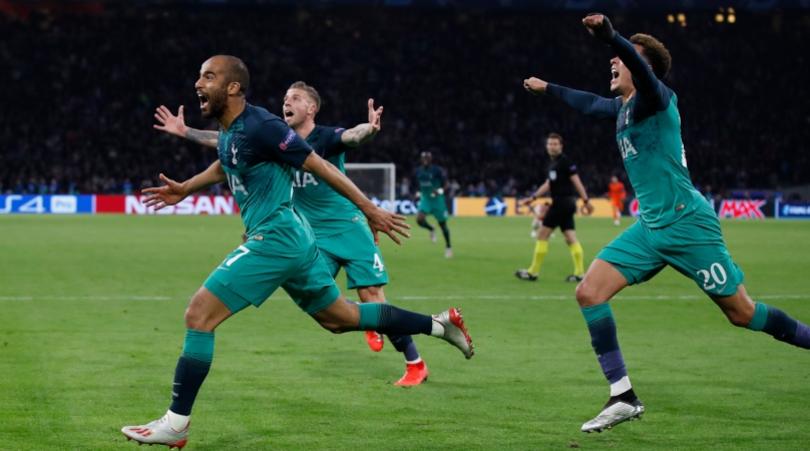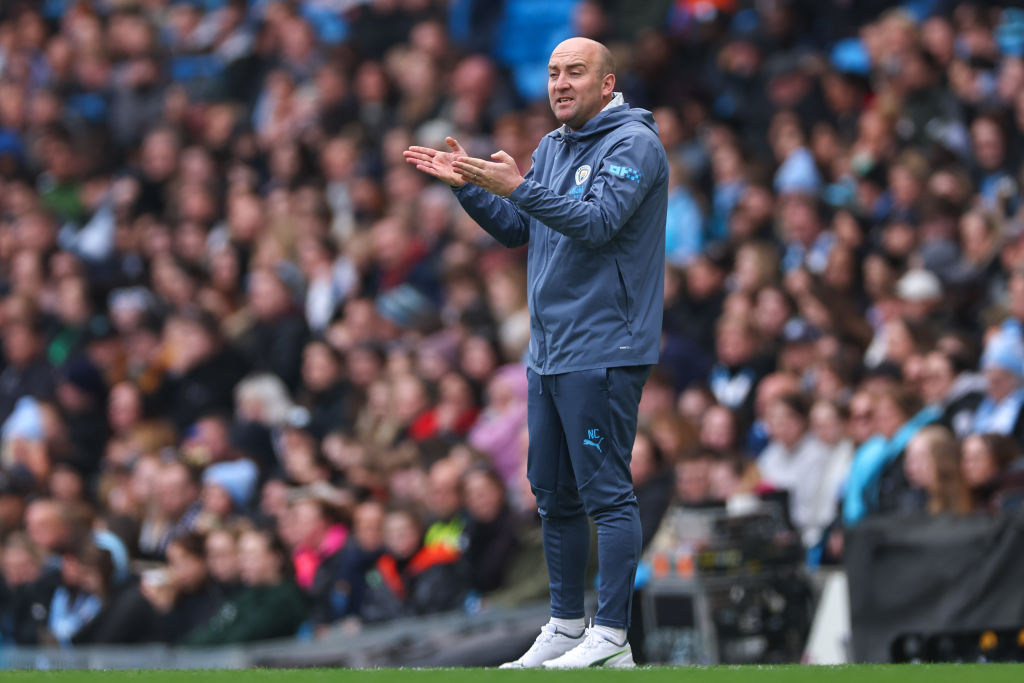How Mauricio Pochettino and Tottenham showed up a transfer-obsessed nation
At almost no point has it been considered that there might actually be benefits to not buying anyone – until now, writes Alex Hess
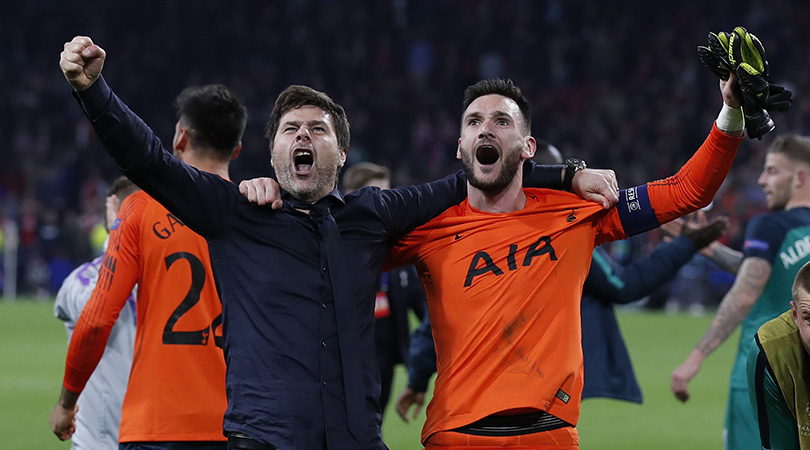
Don't tell Mauricio Pochettino, but Tottenham's season was destined for failure from the start. "Tottenham make transfer history for all the wrong reasons" pronounced one broadsheet headline back in August, the morning after Spurs made themselves the first club in Premier League history to sign precisely zero players in the summer transfer window.
In the wake of the club’s finest moment of the modern era on Wednesday night, it would be tempting to say that last summer feels like a long time ago now – were it not for the fact that we have been reminded about it on a twice-weekly basis ever since. Indeed, on the morning of the Ajax comeback, another paper declared: "Champions League progress masks world of problems at Tottenham as Pochettino faces critical summer."
These are just headlines, and there was plenty of sense written in the articles underneath. But at the same time they reveal much about how insanely transfer-obsessed English football has become. You certainly wonder whether the tail has begun to wag the dog when on-pitch success in the here and now can be seriously held up as "masking" potential shortfalls in the coming transfer window.
Obsession
It’s often said that football matches are too readily analysed through the prism of results, but this season has given us another layer of myopia altogether: results analysed through the prism of transfers. The central narrative assigned to Spurs’ campaign has been their summer of non-spending, and it's that which has been the pundits’ first port of call after any and every negative result.
Not once, as Pochettino once again guided his iron-willed squad through another season of historic overachievement, has anyone stopped to consider that perhaps it’s not Spurs who have gotten it wrong. Perhaps it’s us. Maybe Tottenham aren’t where they are despite refusing to spend money – maybe they’re there because of it.
It’s easy to see why, in today's Premier League, such a question might have gone unasked. It is, after all, anathema to a world where the biggest story of every summer is a transfer story; where we are routinely asked to consider ‘who won the transfer window?’; where fans respond to disappointment with home-made signs demanding the manager “spend spend spend”; and where Jim White spends deadline day triumphantly totting up the division’s collective outlay.
Get FourFourTwo Newsletter
The best features, fun and footballing quizzes, straight to your inbox every week.
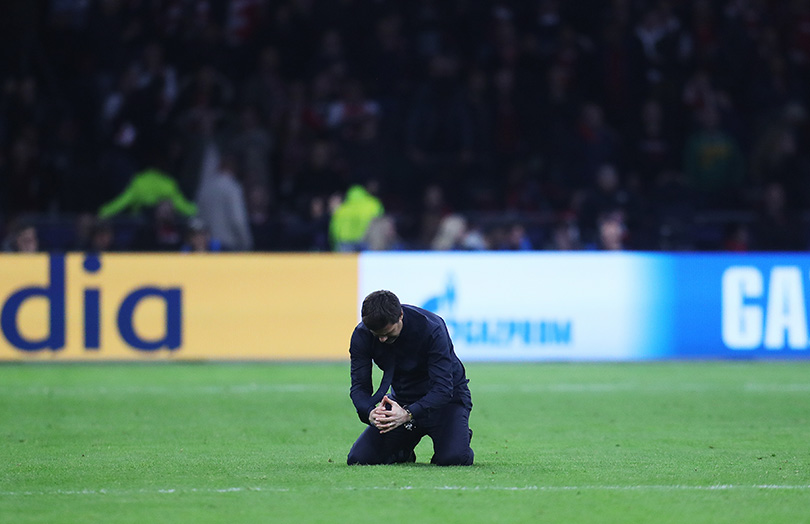
An alien coming down to observe this whole charade would be forgiven for wondering what the hell these shiny metal drink receptacles are meant to represent given that, clearly, the act of spending money is the glory to which football clubs strive.
Of course, it should be said that this is also a world where money talks, and where the richest clubs hoover up all of the trophies. There’s a reason that, throughout 26 years of the Premier League’s existence, the only clubs to have infiltrated the elite and stayed there are the ones owned by a Russian oligarch and a gulf state.
The boring truth
But amid all this binge-buying, we have lost sight of the possibility that not spending money – not parachuting in the nearest available megastar on deadline day, and not responding to every setback by reaching for the bolt-on quick-fix – might just have its own benefits, too.
For the clearest evidence of that we need only look to Amsterdam on Wednesday night, in which the best players on the pitch were Lucas Moura – whose first 18 months in north London have been profoundly erratic – and Moussa Sissoko, who spent an entire year of his Spurs career written off as one of the worst purchases in the club's history. Both of these players cost the club money. But they also cost patience, faith and second chances. They are the very players who would have been sidelined or sold off if signings had been made last summer. If their tireless displays in Amsterdam are anything to go by, they might even appreciate this and be responding accordingly.
To see the same point proved by opposite means, cast a glance at Arsenal and Manchester United – in particular, to the players who have come to embody the two clubs’ top-down mismanagement. Alexis Sanchez and Mesut Ozil, once advertised as proof of their employer's upward aspirations, now exist as emblems of the exact opposite: bleak stagnation at eye-watering cost. Both are bloated bit-parters; lightning rods for chronically miserable fans; wholly unwanted yet near-impossible to offload.
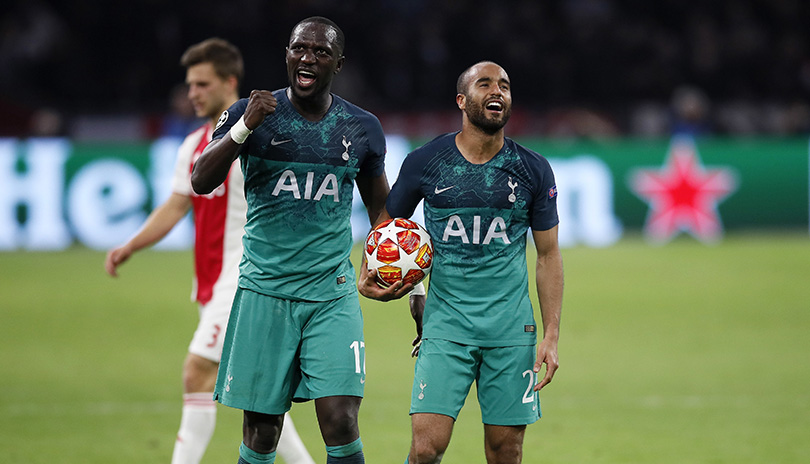
Again: this is not a coincidence. It’s the glaringly obvious danger of spending for its own sake. Ozil and Sanchez play in star-studded squads assembled for far more money than Spurs’, yet it’s the latter who now stand not just as monuments to the old-fashioned notions of diligence and persistence, but as finalists of the competition Arsenal and Manchester United have failed abjectly to even qualify for.
If these are the most blatant examples, they’re hardly the only ones. Remember Radamel Falcao? Bastian Schweinsteiger? Wilfried Bony? All caused far more excitement by signing a contract than they ever did by kicking a ball. Chelsea are currently shovelling a quarter of a million pounds per week in the direction of Gonzalo Higuain, and it’s less than two years since they spent £35m on Danny Drinkwater. Spend, spend, spend – is that your final answer?
Art of team building
It may not be novel to point out that the triumph of Pochettino's Tottenham has at heart been one of coaching, of team building, of defiant self-improvement. Of bottle. But it's a point worth making ahead of another long summer when the news agenda will be set by the whims of super-agents and the diabetic demands of fast-food fandom.
A superstar signing, done sensibly, can be transformational. But there's a reason why the teams borne of unchecked decadence – Real Madrid's Galacticos, today's PSG and Manchester United – tend to fray easily at the seams. Team spirit and major spending aren't exactly polar opposites in football, but they are certainly diametric forces. Nothing kills a person's more selfless instinct like a big pile of cash. Or as Jean Reno puts it in Ronin: “Everybody’s your brother till the rent comes due.”
Tottenham's heroics on Wednesday were a hearty reminder that it's on the pitch where football's real glories happen. But also that the greatest glories are ones of collectivism.
Brilliantly, it was a former Spurs captain who came out with that line about team spirit being an illusion glimpsed in the aftermath of victory. Maybe it's true. But for a tearful Pochettino and his troops in Amsterdam, the illusion was pretty vivid. And utterly priceless.
Then read…
FEATURE What happened to Kerlon? The forgotten seal dribbler who entertained the world
